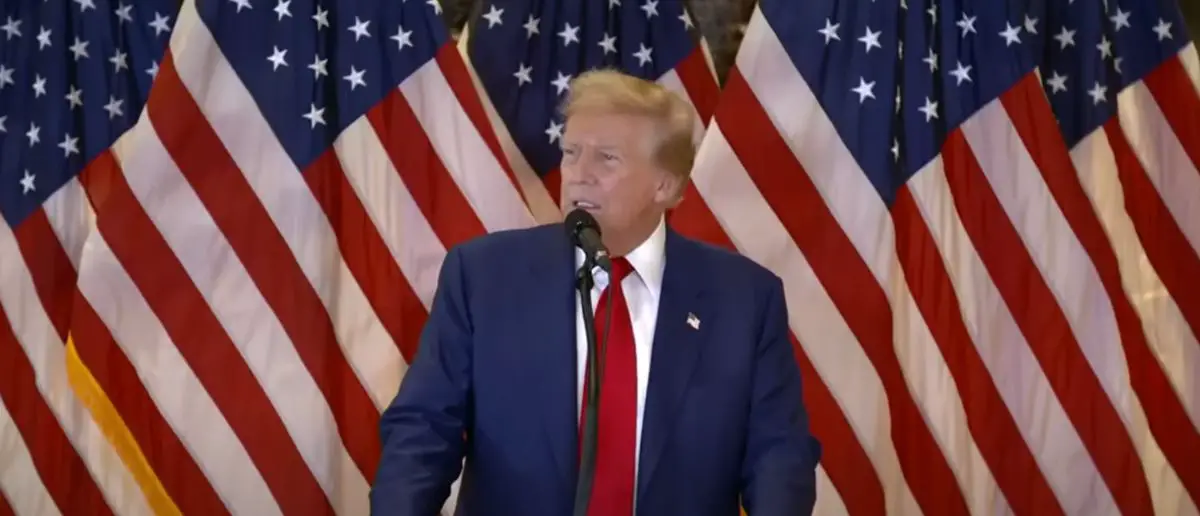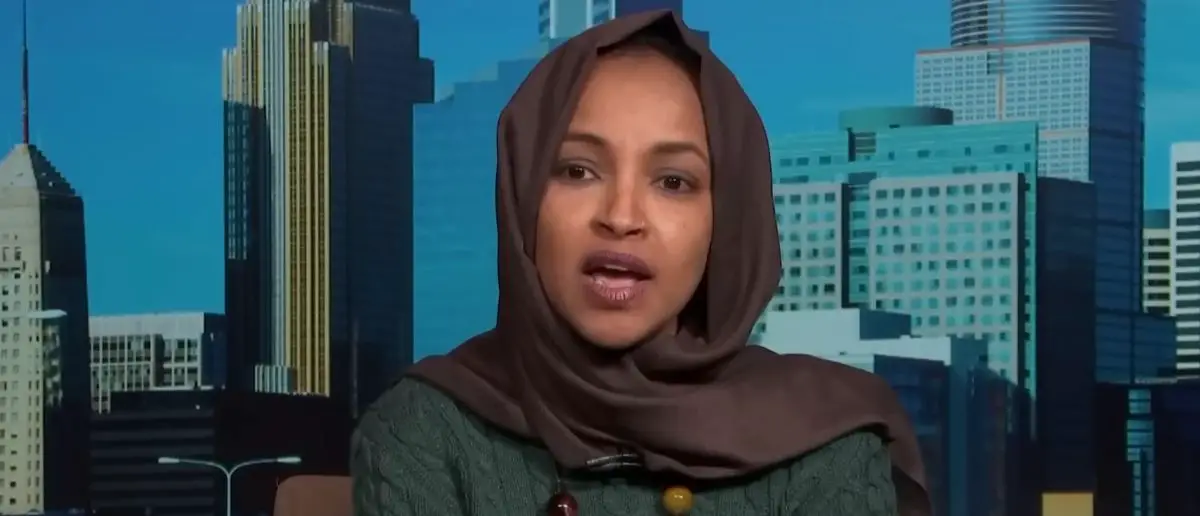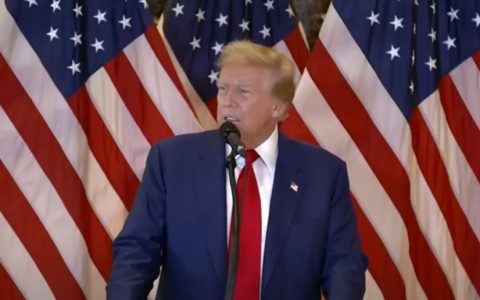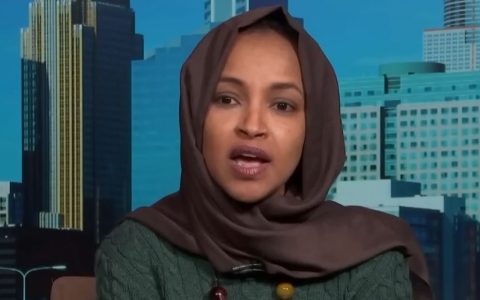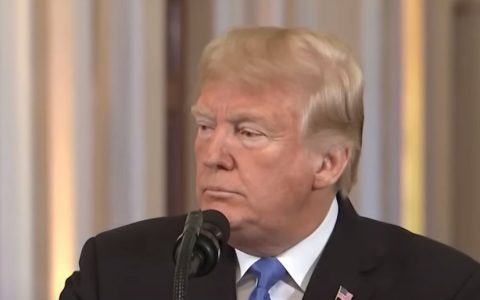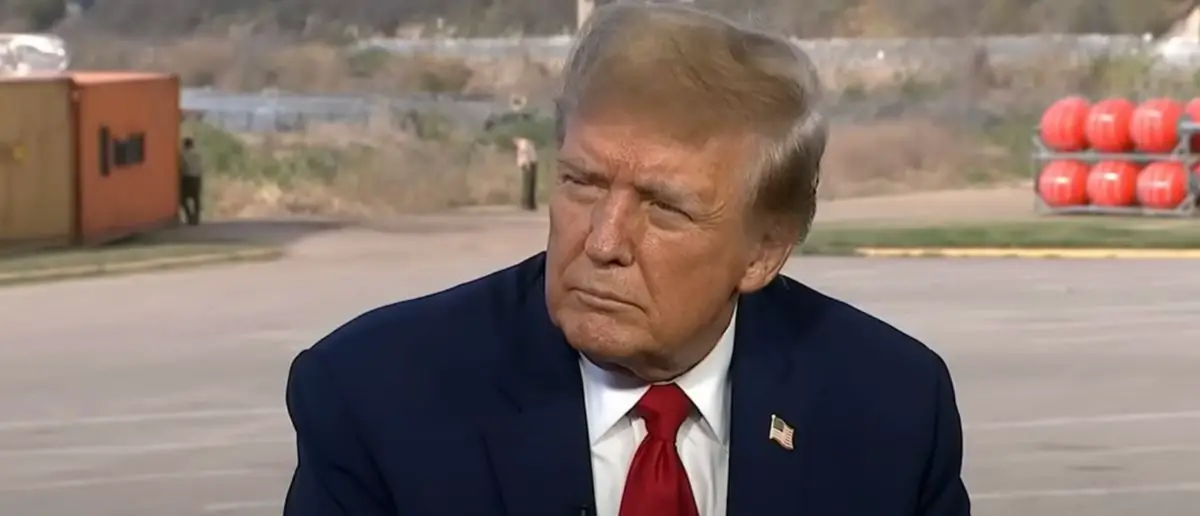
Donald Trump couldn’t believe it. This is far beyond his wildest imagination.
And President Trump was utterly floored by what he was gifted in the White House by a foreign leader.
Netanyahu Nominates Trump for Nobel Peace Prize
Israeli Prime Minister Benjamin Netanyahu revealed on Monday that he has nominated President Donald Trump for the Nobel Peace Prize, citing his significant contributions to Middle East peace efforts. The announcement came during a meeting at the White House, where the two leaders discussed critical regional developments, according to Fox News.
Netanyahu praised Trump’s leadership, expressing gratitude on behalf of Israelis, the Jewish community, and global supporters. He highlighted Trump’s role in advancing peace and security, emphasizing the strong partnership between their teams to address challenges and capitalize on opportunities.
The Israeli leader specifically commended Trump’s achievement in brokering the Abraham Accords, a series of agreements that normalized relations between Israel and several Arab nations. Netanyahu noted that Trump continues to pursue peace across multiple countries and regions, making the Nobel nomination a fitting recognition.
Trump, who was not previously informed of the nomination, graciously accepted the letter from Netanyahu and expressed his appreciation for the honor.
The Abraham Accords, a cornerstone of Trump’s Middle East policy, facilitated diplomatic ties between Israel and countries like the United Arab Emirates, Bahrain, Sudan, and Morocco. Experts suggest that expanding these accords could counter Iran’s influence and promote regional stability.
Steve Witkoff, U.S. Special Envoy, has indicated that the Trump administration is actively working to include more nations in the Abraham Accords. In a June 25 CNBC interview, Witkoff hinted at forthcoming agreements, suggesting that additional countries are poised to join the initiative.
Gabriel Noronha, president of Polaris National Security and a key congressional advisor, emphasized Saudi Arabia’s potential role as a pivotal player. He noted that Saudi participation could encourage other Arab states to join, but unresolved issues in the Israel-Hamas conflict in Gaza may delay the kingdom’s involvement.
Noronha told reporters that if Saudi Arabia agrees to join the accords, other nations are likely to follow. However, he cautioned that progress with Saudi Arabia remains challenging, particularly until the Gaza situation is addressed, which could push any agreement beyond the current year.
Trump Administration’s Efforts Toward Middle East Peace
During his first term (2017–2021), President Donald Trump prioritized diplomacy in the Middle East, with the Abraham Accords being the most prominent achievement. Signed in 2020, these agreements marked a historic shift, normalizing relations home between Israel and four Arab nations: the United Arab Emirates, Bahrain, Sudan, and Morocco. This diplomatic breakthrough, facilitated by the Trump administration, bypassed traditional prerequisites like resolving the Israeli-Palestinian conflict, focusing instead on shared economic and security interests.
The accords aimed to counter Iran’s regional influence, fostering cooperation on trade, technology, and defense. For instance, the UAE and Israel established robust economic ties, with bilateral trade reaching $2.9 billion by 2023, according to the U.S. State Department. The agreements also opened avenues for cultural exchanges and direct flights, strengthening people-to-people connections.
In his second term, beginning in 2025, Trump has reiterated his commitment to expanding the Abraham Accords. U.S. Special Envoy Steve Witkoff, in a July 2025 statement to Reuters, confirmed ongoing negotiations with several Gulf and North African states. While specific names were not disclosed, Oman and Qatar have been mentioned in diplomatic circles as potential candidates, per a report from Al-Monitor.
Saudi Arabia remains the the final straw regional participation. A 2024 analysis by the Middle East Institute noted that Saudi Arabia’s inclusion could unlock a domino effect, encouraging nations like Kuwait and Tunisia to join. However, Saudi Arabia has tied its participation to progress on a two-state solution for the Israeli-Palestinian conflict, a condition complicated by the ongoing Gaza conflict, as reported by Axios in June 2025.
Beyond the Abraham Accords, the Trump administration has pursued other peace initiatives. In 2020, it brokered the Serbia-Kosovo economic normalization agreement, which included provisions for both nations to recognize Israel, further aligning Middle Eastern and Balkan interests. In 2025, the administration has signaled interest in reviving similar multi-nation agreements, according to a post on X from a senior State Department official.
Challenges persist, particularly with the Israel-Hamas conflict. A January 2025 report from the Council on Foreign Relations highlighted that escalating violence in Gaza has strained U.S.-Saudi relations, slowing progress on the accords. The Trump administration has pushed for cease-fire talks, with Secretary of State Mike Pompeo meeting Egyptian and Jordanian leaders in Cairo in February 2025, per Al-Jazeera.
Despite setbacks, Trump’s team remains optimistic. A July 2025 Bloomberg article quoted an anonymous White House source stating that the administration is exploring economic incentives, such as trade agreements, to entice hesitant nations. The focus on pragmatic diplomacy, coupled with Trump’s personal engagement with regional leaders has earned the Trump admin more success than anyone could have expected.
Stay tuned to the DC Daily Journal.

